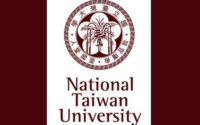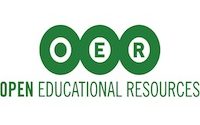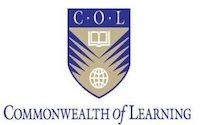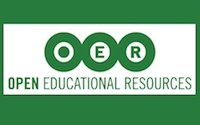
Higher Education Faculty Perceptions of Open Textbook Adoption
The high cost of tuition and textbooks can have a negative impact on potential students from lower socioeconomic backgrounds. Open Educational Resources (OER) offers students a way to save educational costs while utilizing high-quality open textbooks. Up until now, there have been few studies focused on a specific provider of open textbooks. This study investigates […]














